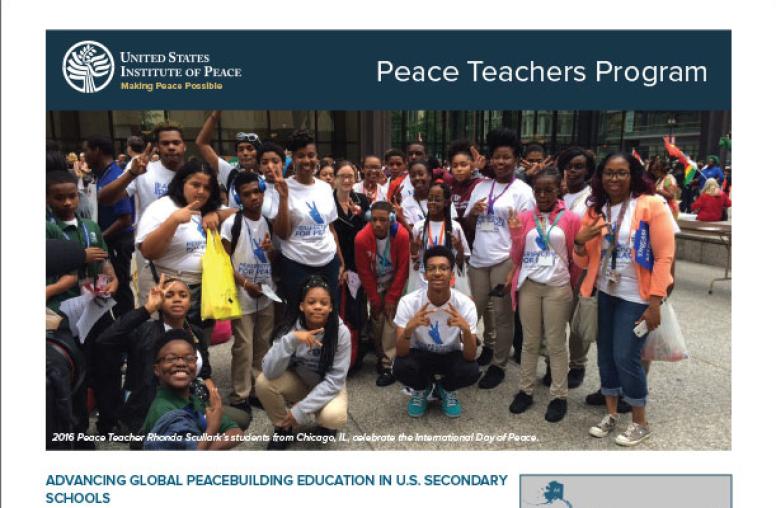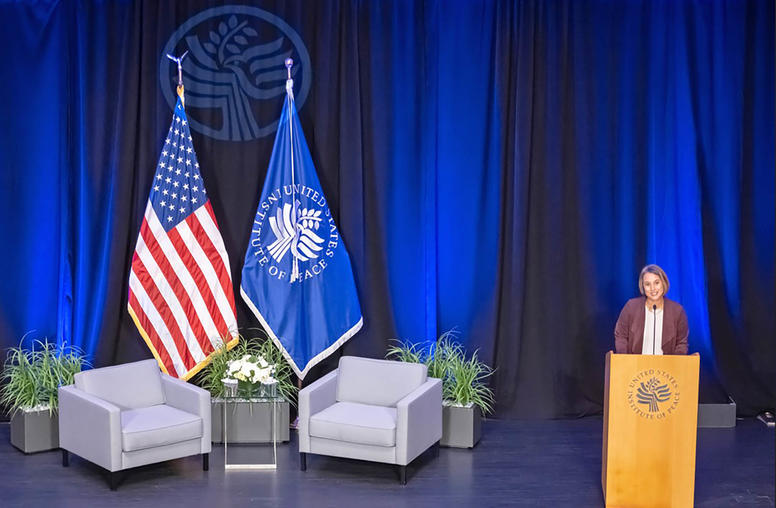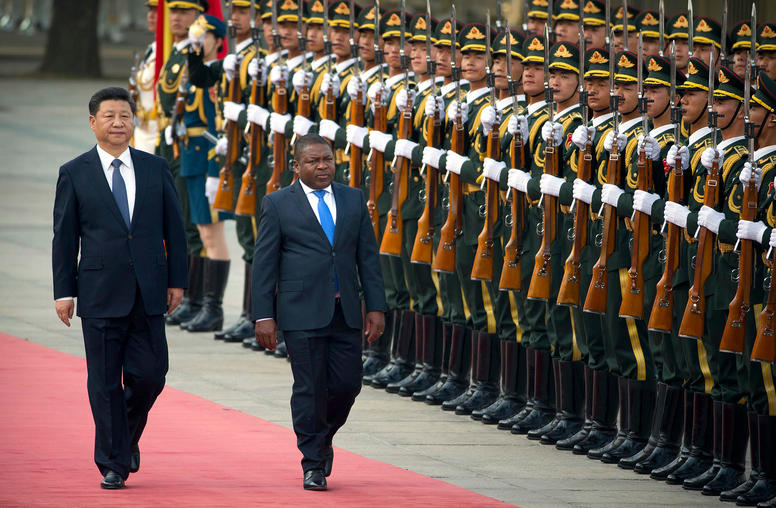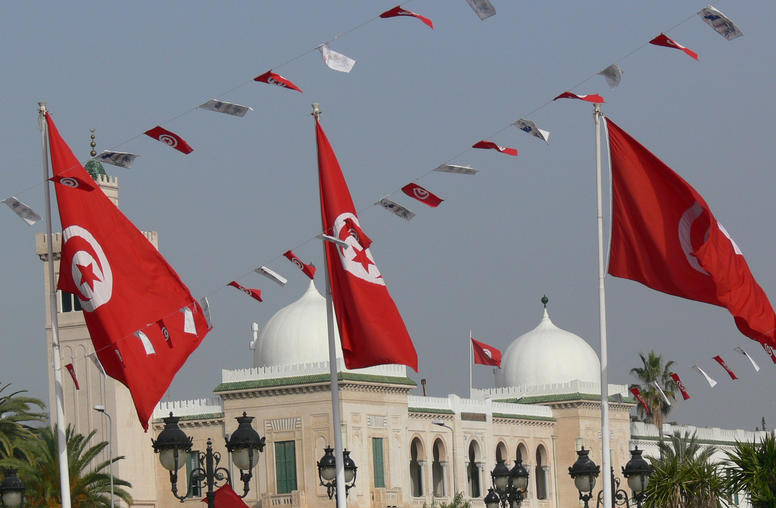 Education & Training
Education & Training
The U.S. Institute of Peace works with educational institutions to increase their ability to teach peace and conflict studies. The Institute develops curricula and conducts workshops on syllabus design and the pedagogy of peace and conflict resolution for universities in conflict-affected areas as well as for other learning institutions.
Featured Publications

Peace Teachers Program
The U.S. Institute of Peace’s (USIP) Peace Teachers Program is rooted in the conviction that educators can be pivotal in bringing themes of global conflict and peace into their classrooms, schools, and communities.

Teaching Peace: Nelson Mandela’s Story in a World of Conflicts
A world reeling from the brutal horrors of our current wars will next week mark (or perhaps overlook) the 10th anniversary of the death of a peacemaking icon: South Africa’s liberation leader and former president, Nelson Mandela. Amid continued or escalated wars — Israel-Gaza, Ukraine-Russia, Sudan, Yemen, Afghanistan and others — USIP this month hosted Georgia’s senator, the Reverend Raphael Warnock, in a discussion of Mandela’s legacy and immediate relevance. Another Georgian, Decatur High School history teacher Kristen Embry, introduced Warnock. She spoke about Mandela and her own mission of teaching history and peacebuilding to American students in the 2020s.

Chinese Professional Military Education for Africa: Key Influence and Strategy
One way the Communist Party of China seeks to increase the uptake of its norms, values, and institutional practices in Africa is by providing professional education and training opportunities to African military officers. In addition to promoting China’s governance models, these programs have graduates in top leadership positions across the continent, including presidencies and numerous top defense roles. This report urges US and Western policymakers to counter this influence by providing more opportunities for African officers to train in Western military institutions.
Current Projects

Border Security Training Program
USIP’s Border Security Training Program trains police officers from Kenya’s Border Police Unit and General Service Unit who serve along the Kenya-Somalia border. The program increases the capacity of Kenyan police to manage conflicts nonviolently and to effectively partner with communities along the Kenya-Somalia border in order to more effectively interdict terrorist suspects and reduce justice-related drivers of violent extremism in Northeast Kenya.

Conflict Management Training for Peacekeepers
In 2004, the U.S. Department of State attended a lessons-learned conference in Rwanda, where commanders returning from Darfur reported that much of their peacekeeping work involved some form of negotiation. They expressed the need for their successors to receive training in conflict management skills in order to succeed, which their pre-deployment training dedicated very little focus to at the time. To fill this training gap, the U.S. Department of State approached USIP in 2008 to deliver conflict management trainings for peacekeepers as part of the U.S. contribution to peacekeeping in Africa.

Supporting the International Diplomatic Academy of Tunisia
USIP has recently launched a partnership with the new International Diplomatic Academy of Tunis, which is mandated to prepare current and future diplomats with the diverse skills in communication, facilitation, mediation, negotiation and management that enable success in international diplomatic contexts.